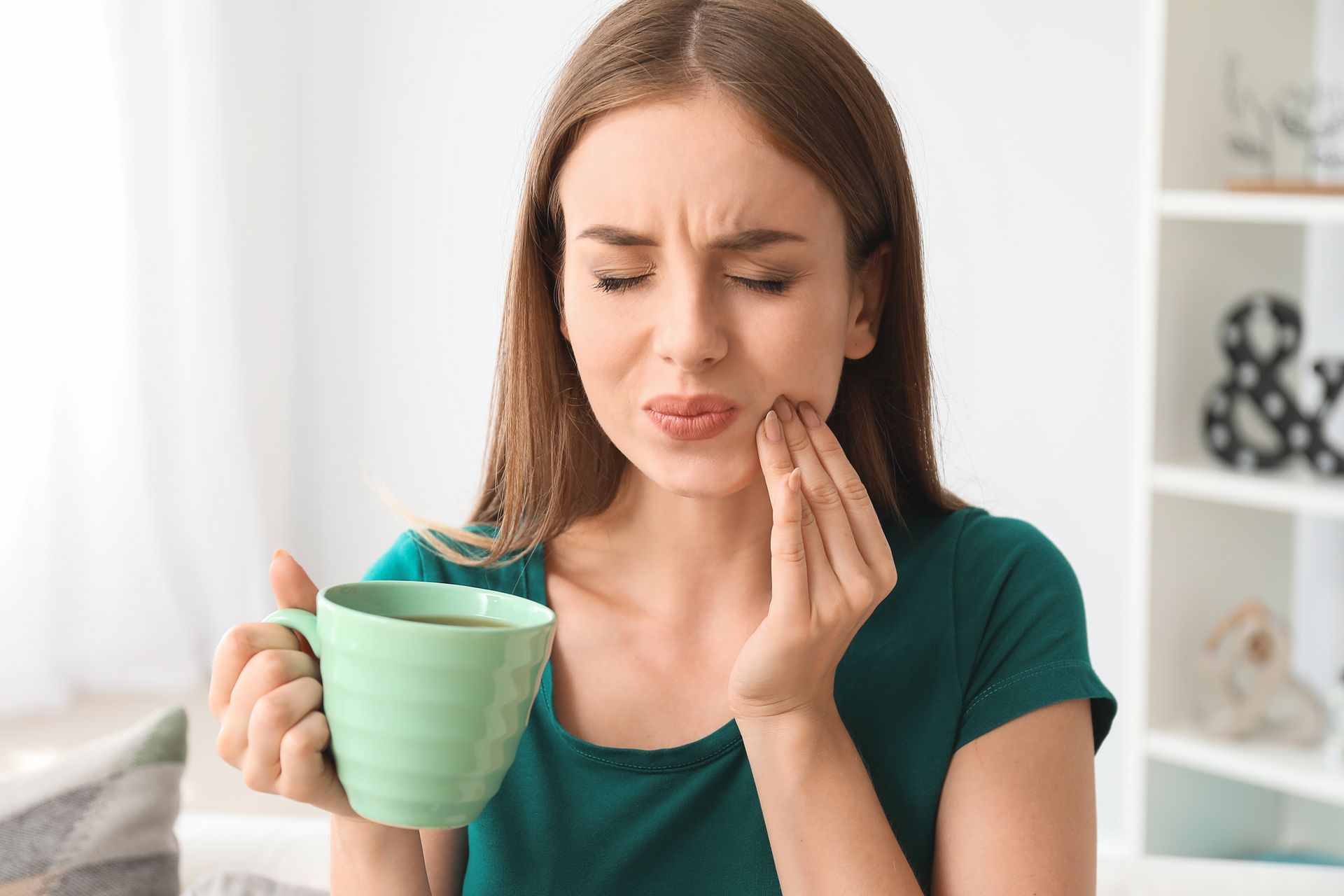5 Essential Tips for Optimal Oral Hygiene from Aria Dental of Annapolis
Maintaining good oral hygiene is the foundation of a healthy and radiant smile. While regular dental checkups are invaluable in addressing potential dental issues, proper daily oral care is crucial to prevent dental problems from arising in the first place. At Aria Dental of Annapolis, we are passionate about helping our patients in Annapolis, MD, achieve optimal oral health through education and personalized care. In this article, we will share five essential oral hygiene tips from our experienced dental professionals that, when practiced consistently, can put you on the path toward excellent dental health.
Good oral hygiene habits not only keep your teeth and gums healthy but also contribute to your overall well-being and self-confidence. A solid oral hygiene routine can prevent issues such as tooth decay, gum disease, and bad breath and encourage a bright, beautiful smile. By implementing these essential oral hygiene tips into your daily routine and partnering with Aria Dental of Annapolis for your dental care needs, you are taking a significant step toward a lifetime of healthy teeth and gums.
Consistent and Proper Brushing
Brushing your teeth is a fundamental aspect of good oral hygiene, but it's essential to do it correctly and consistently to reap the full benefits. Here are some brushing tips to help you maintain a healthy smile:
1. Choose a soft-bristled toothbrush to avoid damaging your teeth or gums, and replace it every 3 to 4 months or when the bristles become frayed.
2. Use fluoride toothpaste to strengthen tooth enamel and help prevent decay.
3. Brush your teeth for at least two minutes twice a day to ensure you thoroughly clean all surfaces of your teeth.
4. Use gentle, circular motions when brushing to prevent gum irritation.
5. Don't forget to brush your tongue to remove bacteria and combat bad breath.
Flossing for Optimal Dental Health
Flossing daily is crucial for maintaining healthy teeth and gums, as it helps remove plaque and food particles from between your teeth that your toothbrush cannot reach. Follow these flossing tips for the best results:
1. Use about 18 inches of dental floss to give yourself enough clean floss as you work between each tooth.
2. Gently guide the floss between your teeth, using a clean section of floss for each tooth.
3. Curve the floss around the base of each tooth, being sure to reach slightly below the gumline.
4. Use gentle, back-and-forth motions to remove plaque and debris effectively.
The Role of Mouthwash
Mouthwash can be a valuable addition to your oral hygiene routine, providing fresh breath and extra protection against oral health issues. Here's what you need to know about incorporating mouthwash into your dental care:
1. Choose a mouthwash that contains fluoride for additional cavity protection, and consider using an antimicrobial mouthwash to target harmful bacteria.
2. Follow the manufacturer's instructions on the label for proper usage and dosage.
3. Swish the mouthwash throughout your mouth for at least 30 seconds, making sure to reach all areas.
4. Do not rinse your mouth with water immediately after using mouthwash, as this can dilute the product and decrease its effectiveness.
Nutrition for Healthy Teeth and Gums
A balanced and nutritious diet is essential for healthy teeth and gums, as it helps prevent tooth decay, gum disease, and other oral health concerns. The following guidelines can help you make smart food choices for your oral health:
1. Eat a variety of fruits and vegetables, which provide essential vitamins and minerals for healthy teeth and gums.
2. Consume calcium-rich foods, such as dairy products, leafy greens, and fortified plant-based milk, to strengthen tooth enamel and support bone health.
3. Limit sugary foods and beverages, as these can promote tooth decay and erode tooth enamel.
4. Drink plenty of water throughout the day to help wash away food particles and bacteria that can contribute to oral health problems.
The Importance of Dental Checkups
Regular dental checkups are crucial to ensuring your oral hygiene practices are working effectively and addressing any potential problems before they escalate. Here's why routine visits to your dentist are essential:
1. Professional Cleanings: At each checkup, your dentist will perform a thorough cleaning to remove plaque and tartar buildup that can lead to cavities and gum disease.
2. Comprehensive Exams: Aria Dental of Annapolis will conduct a comprehensive oral examination to ensure all aspects of your dental health are in excellent condition. This includes checking for signs of tooth decay, gum disease, oral cancer, and other potential issues.
3. Early Intervention: By attending regular dental checkups, any developing oral health concerns can be identified and addressed early, preventing more severe problems in the future.
4. Personalized Recommendations: During your dental exam, our team at Aria Dental of Annapolis can provide personalized advice and guidance on improving and maintaining your oral health based on your specific needs and concerns.
Conclusion
Achieving and maintaining optimal oral hygiene requires a combination of consistent daily practices and regular visits to your dental care provider. By following these five essential oral hygiene tips and partnering with Aria Dental of Annapolis, you can work towards a bright, healthy, and beautiful smile that will last a lifetime. Don't wait to start your journey towards excellent oral health – schedule a general dental checkup with Aria Dental of Annapolis today and experience the compassionate, personalized dental care that you deserve.



Share This Post

